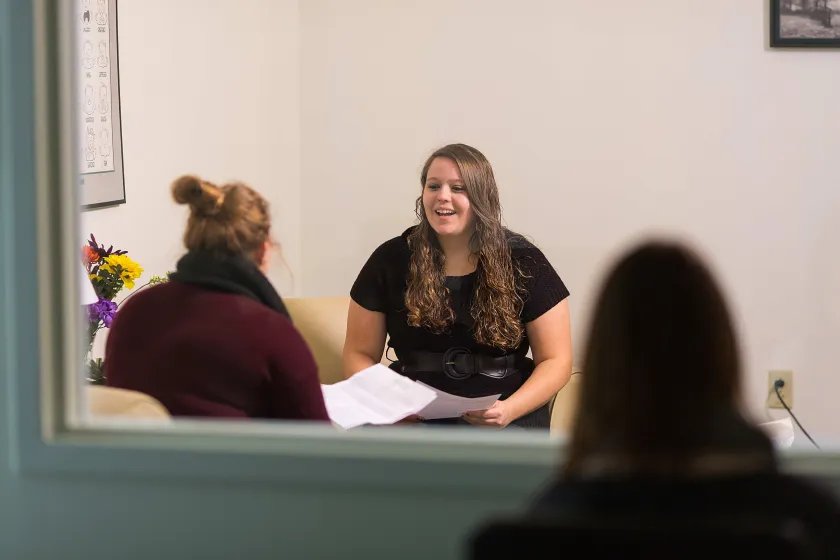In an effort to increase the state's behavioral health workforce, the Michigan Department of Health and Human Services (MDHSS) is providing 12 universities, including Northern, with $5 million in funding to support one-time $30,000 stipends for students seeking a master's degree in social work. Eligible students must already hold a bachelor's in the field and commit to two years of public sector behavioral health work in Michigan upon graduation.
NMU Social Work Department Head LaMart Hightower said his conversations with executives from U.P. organizations confirm that there is a great demand for social workers in the region.
“Though the U.P. has only 3% of the state's population, it is spread out over 15 counties,” he added. “In order to provide these services to consumers, some social workers may need to travel a great distance compared to urban areas such as Grand Rapids or Detroit. The shortage in the U.P. is related to some people not wanting to migrate here, with some feeling isolated. When we get students from all areas, we do inform them of the many employment opportunities in the U.P. and work with a population who, in the long run, is grateful for the services.”
Three NMU students have qualified for stipends this fall: Mikenna Bayless, April Heckman and Halle Sullins. Hightower said he was happy to provide them with financial assistance, but was disappointed NMU received the lowest level of support—$90,000—while the other institutions received amounts ranging from $167,000 to $1 million.
“NMU is the only school in the U.P. training social workers at both the BSW and MSW levels,” he said. “We have a very good relationship with the many social service agencies and organizations who accept our students for their internship. By doing so, it provides students an opportunity to put into practice what they are learning in the classroom and get real hands-on experience in working with clients at various levels.”
According to an MDHHS press release, award amounts were calculated based on average number of students in the advanced standing MSW program, average student loan debt and demographic diversity.
“This program is another investment by the state to increase access to behavioral health care for Michigan families,” said Elizabeth Hertel, MDHHS director, in the release. “We are committed to helping families access behavioral health care services when and where they need them. We anticipate up to 150 students will be able to obtain their master's degree in social work through this program.”
Hightower said social work is one of the fastest-growing occupations. According to the Bureau of Labor Statistics, there were more than 728,000 social work jobs in 2022. The profession is expected to grow by 7% in the next eight years.
“Our MSW program continues to grow, as we are expecting to have 76 students in the fall pursing their degree,” he said. “The majority of those students have indicated a desire to remain in the U.P., but we do have some who are from out of state and will find employment in their home state after graduation.”
Funding is available for up to 150 students, the MDHHS release stated. Stipends are a one-time offer for students who will enter a full-time advanced standing master's degree program. Typically the advanced standing program is about three semesters or one year.

